
Attack on New Zealands 2025 Smokefree Goal shocks EVERYONE!
"We don't smoke this shit, we just sell it. We reserve the right to smoke for the young, the poor, the Black, and the stupid." R.J. Reynolds Tobacco Company executive Claude Teague (1970s).
Dec 09, 2023
The recent decisions to step back our Tobacco Control initiatives by the National Government has sent shockwaves through New Zealand and the World.
315 Million Smokers Dead!
An estimated 315 million men, women, and children have died from smoking-related diseases caused by Big Tobacco deliberately targeting them since the 1970s. That is why people like myself and those in the smokefree and tobacco control arenas are passionate about our work. Then along comes our new government, which cares so little for the lives of its citizens it adds to the misery and suffering by not proceeding with the few laws we have to protect them.
Smokefree Environments and Regulated Products Act 1990.
The Smokefree Aotearoa 2025 Action Plan and our Smokefree Environments and Regulated Products Act 1990 and amendments aim to get smoking prevalence down to 5% by 2025. That goal is now under threat.
Getting laws changed to protect our people from Big Tobacco has been slow and infuriating work. Only a few special politicians, like Dame Turiana Turia and Hone Harawira, have demonstrated their heart for people by actively working alongside us towards a Smokefree New Zealand.
Despite the guidance provided by the Act and its amendments, more aggressive measures have always been needed in our country's battle to save the 5000 lives lost annually, to stop our youth from becoming the next generation of nicotine addicts as our smoking prevalence dropped, and reduce the burden of disease caused by smoking on our health system, especially for Maori and Pacifica people who have multiple disease profiles.
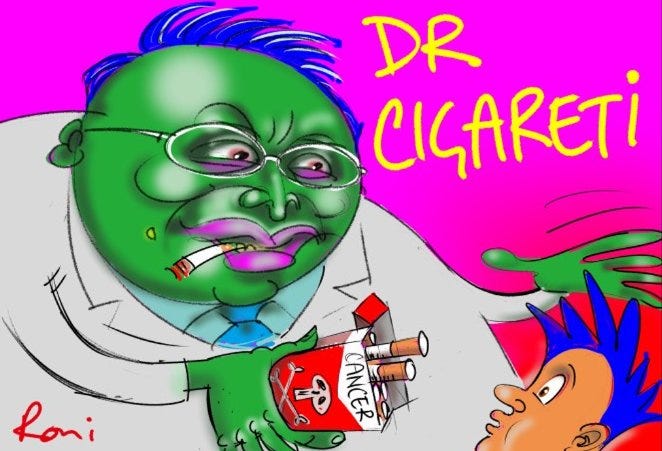
Public Backlash.
The Hon. Christopher Luxon, Prime Minister, has retracted his plans, but it is unclear at this stage what is happening. He said in a wishy-washy way, “They said it wrong.” The changes are due to go through in March 2024. Is our government in an unhealthy relationship with the excise tax on nicotine and tobacco products and, by extension, Big Tobacco?
Tobacco Control Policies and Social Justice.
With a population of 5.2 million, New Zealand, a Pacific island nation, has a complex history intertwined with the devastating effects of tobacco introduced during colonization. Māori, the indigenous people, are the tangata whenua or ‘people of the land,’ they constitute only 16% of the population, and Pacifica, 9%.
In 1840, about 540 Māori Rangatira (chiefs) signed the Te Tiriti o Waitangi (Treaty of Waitangi), our founding document, entering a partnership with the British Crown - or so they believed. However, this partnership has often left them marginalized and grappling with significant health challenges.
The loss to Maori of Te Reo (language), land, and culture has of late been starting to reverse, not unlike countries like Ireland (Gaeilge) and Scotland (Gaelic), where signage is in their two languages and people are working to recover their language after English domination.
However, this attack on our Tobacco Control policy has coincided with setbacks on different fronts, which indicates it may be part of a hidden agenda. Below is a photo of a nationwide march to voice Māori anger and frustration.

Photo outside Parliament 5 December 2023
Below is the model of health care Māori have been denied, which they call to own. This model envisions health as the four walls of a wharenui (meeting house), where each wall symbolizes a vital dimension: whānau (family), wairua (spirituality), hinengaro (mind), and tinana (body), emphasizing interconnectedness. Te Whare Tapa Whā recognizes the importance of maintaining balance and harmony among these dimensions for optimal health. Beyond the physical, it extends to whanaungatanga (relationships), mana (prestige and power), and mauri (life force), reflecting the holistic nature of Māori well-being. Can you imagine how different a stop-smoking program would look if Māori developed it by Māori for Māori?
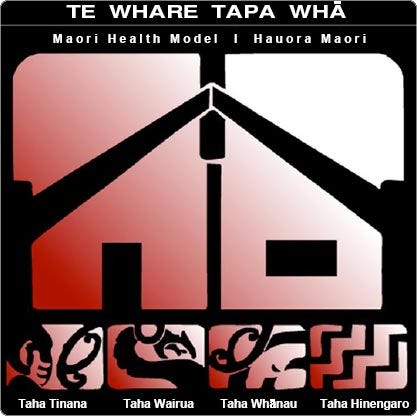
Māori, Colonization, and the Tobacco Epidemic.
Māori had no smoking history until the arrival of Europeans from the British Empire. They were fit, healthy, and strong warrior people who lived off the land and sea; they belonged to an iwi (tribe), hapū (subtribe), and whānau (family), not unlike the Scottish people.
Colonization devastated Māori communities, driving them into the cities where they lost their sense of belonging and destroying their well-being (see above). The introduction of tobacco has been a nail in the coffin for many of their people.
Te Tiriti o Waitangi (Waitangi).
The Treaty could potentially remove the barriers to restoring Māori communities by ensuring their rights and interests are accounted for within tobacco control policies and programs. Māori will tell you what they need, which may include measures to reduce the availability of tobacco products within their communities severely (Big Tobacco targets these), increase the price of tobacco (aligned to cost of living), no marketing, censor digital media tobacco advertising and promotion, and provide financial support to allow smoking cessation services to Māori communities.
Pacifica Communities: Shared Struggles.
The Pacifica people, sharing parallels with Māori, face similar challenges. The introduction of tobacco, coupled with a history of colonization, has left enduring health disparities. Diseases associated with smoking manifest not in isolation but in combinations, significantly shortening lifespans compared to European smokers.
Despite the shared desire to quit smoking, Māori and Pacifica communities grapple with unique obstacles. Their physiological response to nicotine, carbon monoxide, and the 7000 unnatural chemicals differs markedly from Europeans', making Nicotine Replacement Therapy and other European quitting programs less effective and, hence, relapse more inevitable. Calls from Maoridom and Pacifica to provide programs ‘for them by them’ on their terms have been met with resistance by European New Zealand, which imported their smokefree program from Britain.
Being at the coal face with these people, I have seen firsthand the Ministry of Health officials walk out of meetings at Tobacco Control Conferences when pressed to give answers to direct questions about the Treaty and control of their health and Big Pharma.
The consequences of leveraging this vital work through the individual smoker benefit Big Tobacco, Big Pharma, and the government. Evidence of this strategy will continue to shape a narrative of shortened lifespans and increased multiple disease burdens. Much of this occurs in homes where Mum and Dad may have two or more jobs and still be below the poverty line. Excessive tax on tobacco is meant to drive them off smoking. Yet, their inability to quit smoking is adding to the burden of finding rent, power, and food money when they can’t break what top researchers in the US are calling nicotine substance misuse—the hardest addiction.
In a Wellington supermarket, a 20-pack of Marlboro cigarettes is priced at $35.90, with a significant 70% contributing to government tax revenue. During a survey I conducted on World Smokefree Day at a New Zealand hospital, I asked 350 participants about the price at which cigarettes would motivate them to quit. The random prize draw was an equivalent grocery box (see 2023 example below) of a packet of cigarettes. The average response was $35, with the highest saying he would pay $100. Notably, at the time of the survey, the average cost of a 20-pack was NZD 17.80.
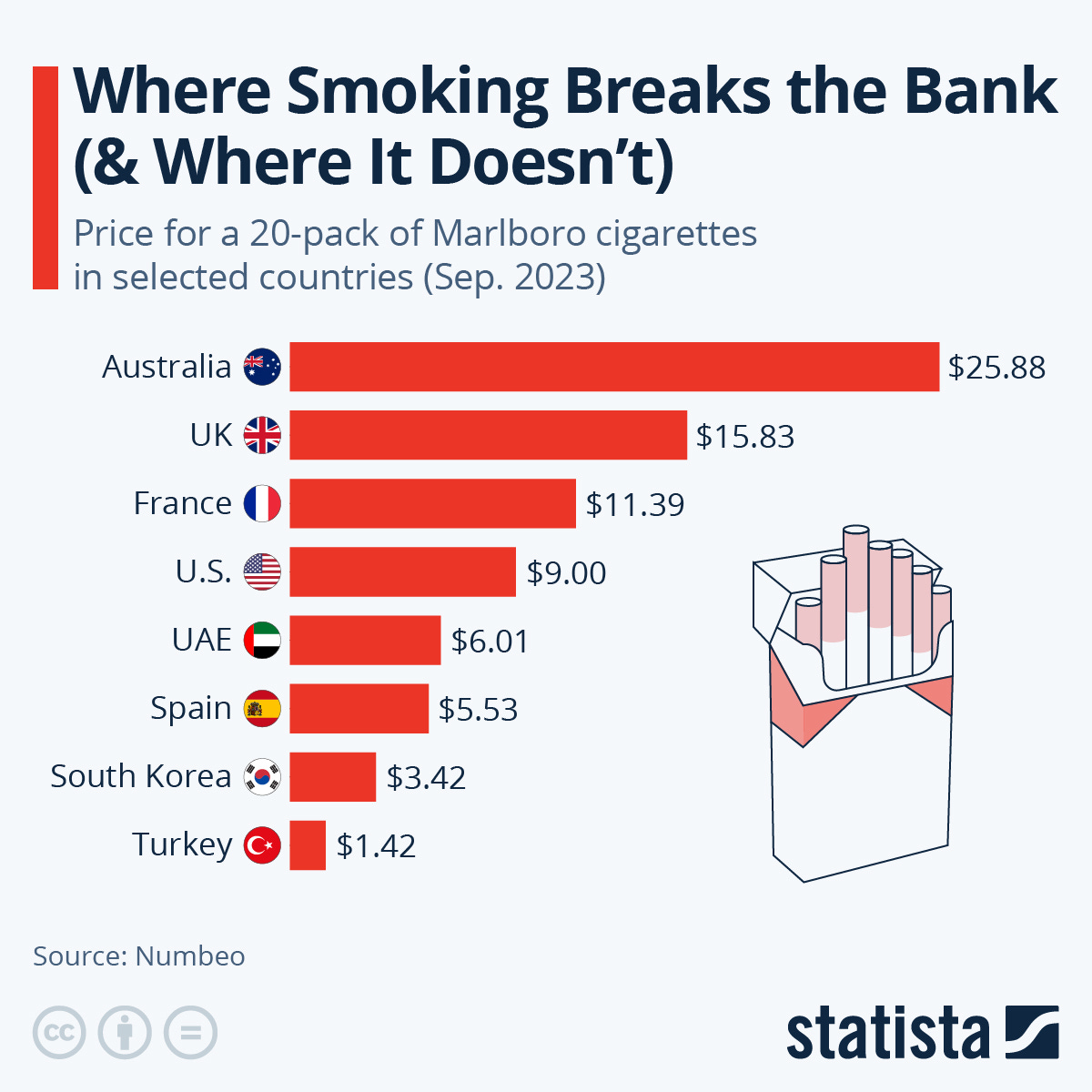
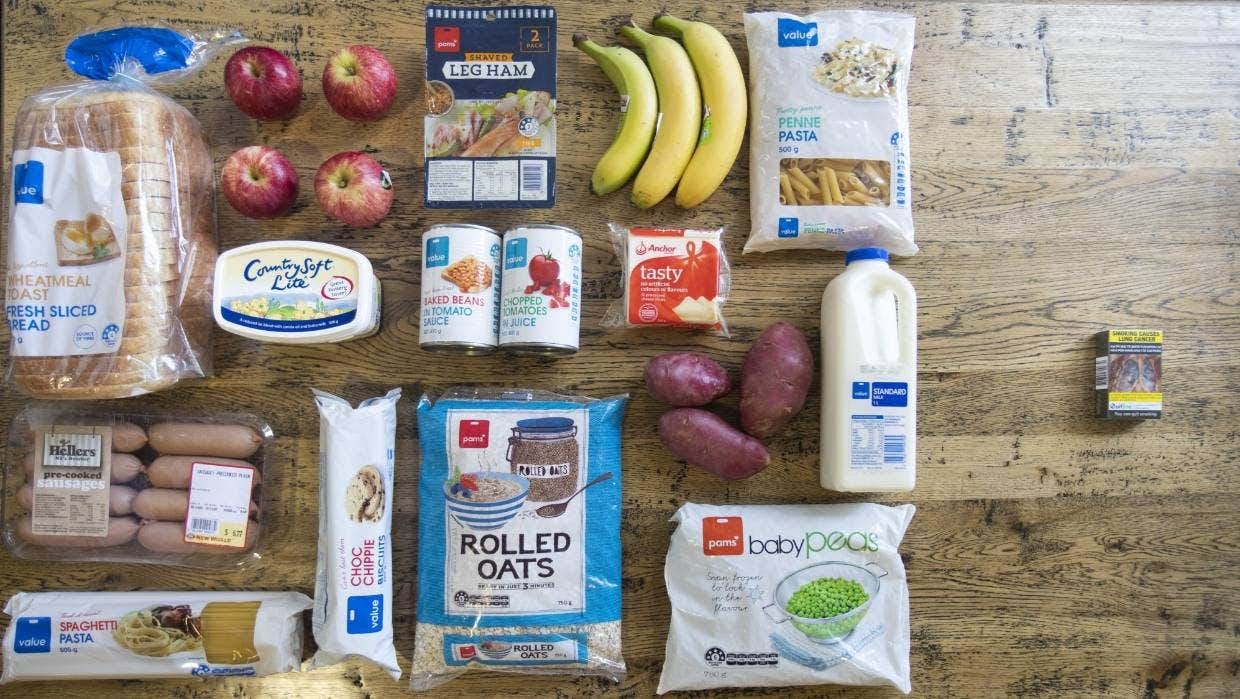
Image of equivalent groceries for one packet of Marlboro in Australia Sept. 2023
Black Markets will always exist.
National's explanation for stepping back is the growing black market and ram raids, but is this the truth, and what evidence do they have to support it after a few days in power? Is this why ram raids have quadrupled in the past two years to 516 (shops are raided for cigarettes and easy-to-sell retail)?
Some notable academics link the Ram raids, a recent phenomenon, to COVID-19, truancy, the cost-of-living crisis, and the war in Ukraine. In the UK, the black market has declined from 21.7% in 2005-2006 to 16% in 2020-2021 for cigarettes and hand-rolling tobacco due to concerted efforts by HM Revenue and Customs staff, Border Force officials, police, and local authorities.
Conversely, NZ's black market has risen from 9.2% to 12.1% for the same period (March 2023). Australia faces a 23.5% black market, with regulated nicotine in vapes. Globally, illegal tobacco is a burgeoning trade, constituting 11.2% of global tobacco consumption, according to BAT's website.
The Tobacco Industry suggests collaboration with governments and organizations such as the World Customs Organization, World Trade Organization, World Health Organization (WHO), and the European Union to address the illicit tobacco issue (BAT website 2023). The prospect of governments partnering with Big Tobacco is abhorrent. It could boost their profits by another 11.2%, meaning they hit their profit target of one trillion dollars by 2028. All the while, our loved ones die. Promoting homegrown tobacco should be encouraged, and tobacco farmers should be compensated as their land is returned to the rainforest. Big Tobacco should be paying restitution and health costs.
Big Tobacco Tactics - evil at work.
Shifting Responsibility to the Smoker
Tobacco companies stress the notion of personal choice, downplaying the addictive nature of nicotine. Most smokers start as teenagers, experimenting with their friends. It is not the reason they are smoking ten to twenty-five years later.
Blaming the Victim
Elements of industry messaging to the government, pharmaceutical industry, medical professionals and allied health is to shift blame to smokers, absolving the tobacco industry of accountability. Sadly, and unfairly, the smoker takes this messaging on themselves, too. Big Tobacco deliberately addicts their customers! Big Tobacco is to Blame for the death and disease.
Safer Alternatives Marketing
Historically, the industry introduced products marketed as "safer" alternatives, diverting attention from the overall harm caused by tobacco. There is ‘no safe’ alternative. Every cigarette is doing damage. If you drop the nicotine content, the smoker may increase the number of cigarettes; they draw deeper and hold it longer in their lungs. If it is a vape, Australian authorities noted some shops replace labels. The solution content tests revealed inaccuracies in nicotine content.
Framing Smoking as a Lifestyle Choice
Tobacco companies portray smoking as a lifestyle choice rather than a health hazard. Youth see the vaping influencers and are manipulated like smokers were in the original smoking marketing before it was banned—the same tactics.
Individualized Responsibility in Marketing
Advertisements place the burden on individuals for their smoking choices. Again, this is moving the blame. It is the same technique as paying scientists to manipulate the truth. For example, we banned smoking in cars to protect children under 18 years of age. A researcher whom we once respected came out and said there was no proof smoking in cars poisons children. Lies. This woman is paid by Phillip Morris (Tobacco Company). Nicotine and other chemicals are absorbed through the skin and mucosa. The child breathes in the smoke you breathe out (second-hand) and absorbs what it touches (third-hand smoke).
Digital Marketing to Teenagers
The industry targets teenagers through social media and influencers, aiming to hook a new generation on nicotine. This is impossible to stop and needs parental and educational institutes to discuss with children and teens.
Shifting Blame to Governments
Big Tobacco attempts to evade responsibility by suggesting that governments are best suited to convey health messages about smoking. This clever tactic works because it shifts their responsibility of causing the health problem away from them. You will note they don’t have to pay the costs involved.
False Claims of Going Smokefree
The industry's claims of going Smokefree are a ruse, as they continue addicting another generation through vaping and other nicotine products.
Global Impact and Economic Costs
Recent data from the US highlights the disproportionate impact of smoking on minority populations, emphasizing the need for global collaboration in implementing anti-tobacco regulations and ensuring equitable benefits across diverse populations.
A cigarette is a drug-delivery device.
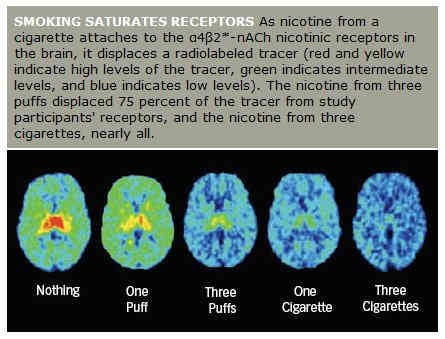
Image: Every cigarette is doing you harm
Smoking causes disease and then death. It is suicide in slow motion. Eight million men, women, and children globally die every year! Millions of people who started smoking couldn’t stop, not because they enjoyed smoking but because they were addicted to the nicotine, which was genetically modified and delivered within seconds to their brains. Big Tobacco made sure that the smoker was blamed for not stopping, and many smokers became ashamed of the stigmatism they carried, their flawed character, lack of willpower, and their addictive personalities that kept them smoking. Big Tobacco and its shareholders went laughing all the way to the bank. But, remember folks, one million two hundred thousand of those deaths were people who never smoked! What about the babies washed away from their mother's wombs before they even got a chance at life? Or the babies who will never be conceived because children’s fertility has been damaged by smoking? Maori and other people of color bear the worst of this terrible burden. What about them?
Instead of perpetuating 'business as usual' to 'meet the demand,' Big Tobacco should have been actively posting health messages to protect the family, friends, and work colleagues of the smokers. It's time for them to dismantle their business and prioritize public health over profits.
Conclusion
New Zealand's new National government's prioritization of addressing Smokefree in its first 100 days raises concerns, leading one to question if it distracts from potentially more pressing issues. The staggering toll of 5,000 New Zealanders perishing annually demands a unified front against Big Tobacco, emphasizing the need for enduring change grounded in Tobacco Control Policies anchored in social justice. The call to action must be for New Zealand and the world: No Tobacco in New Zealand